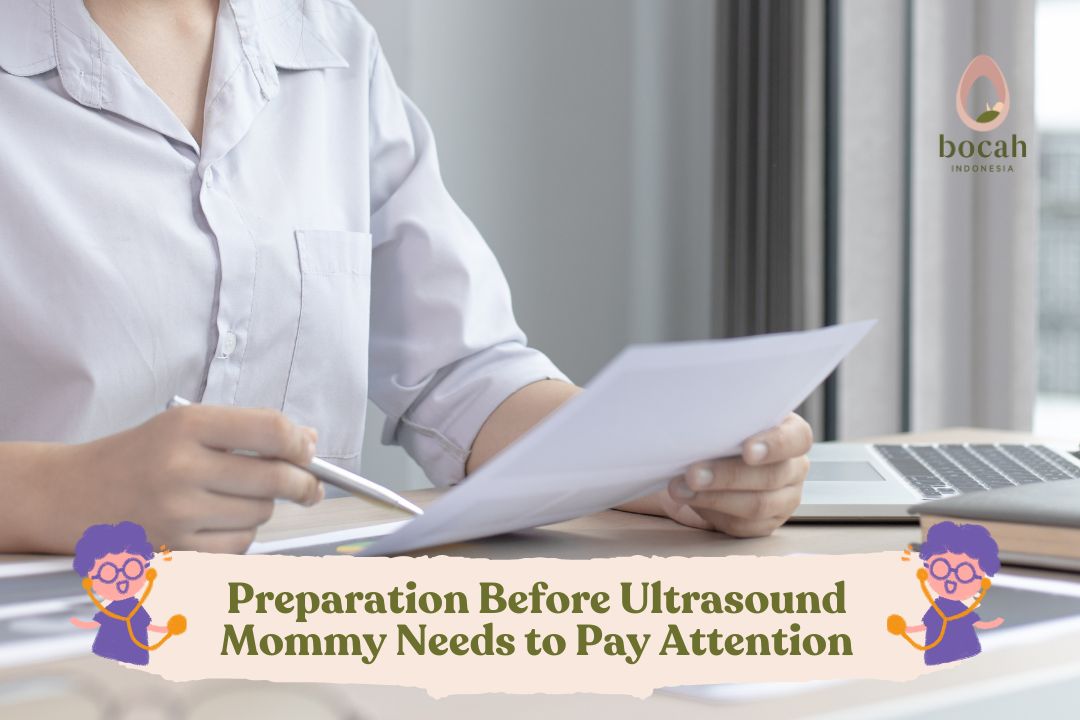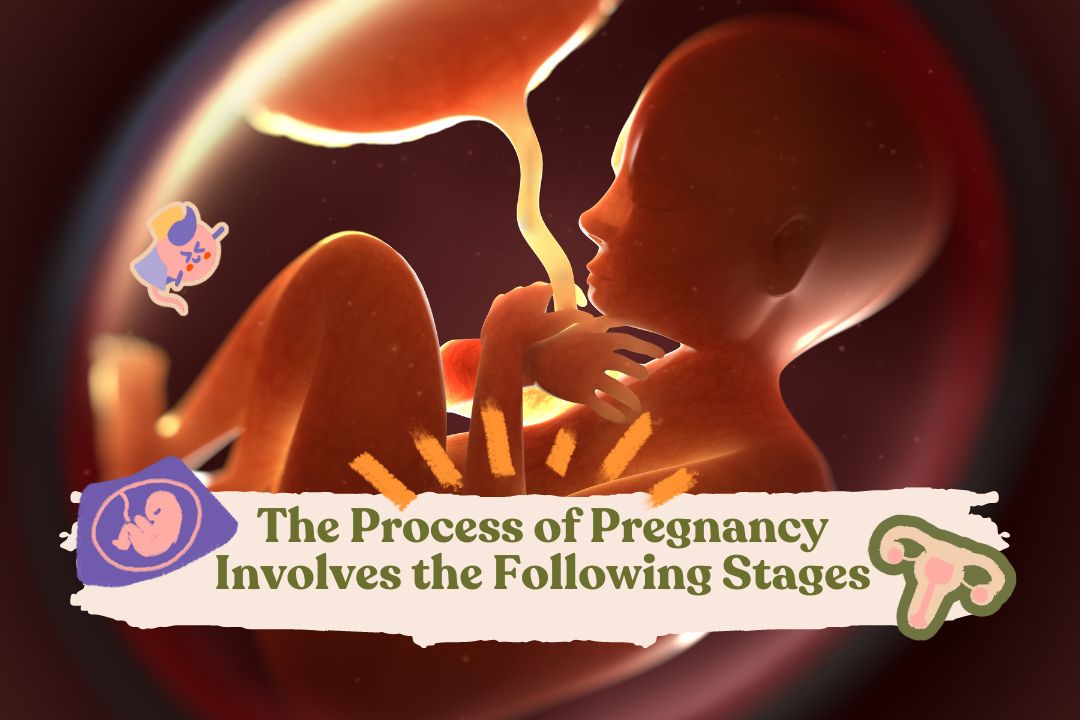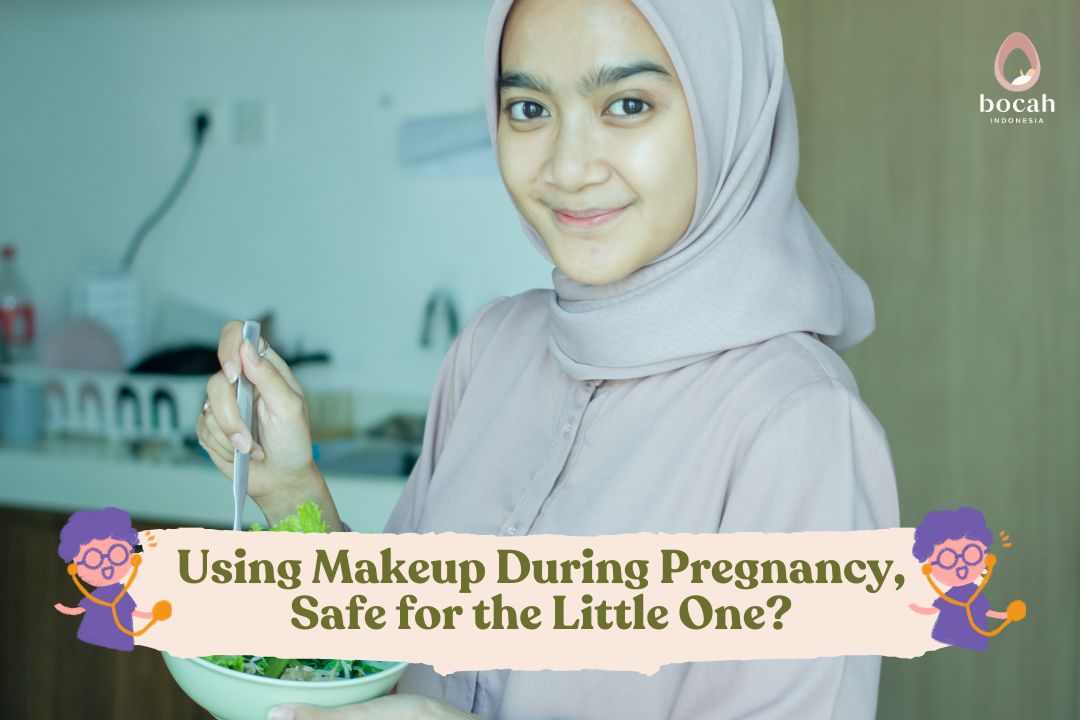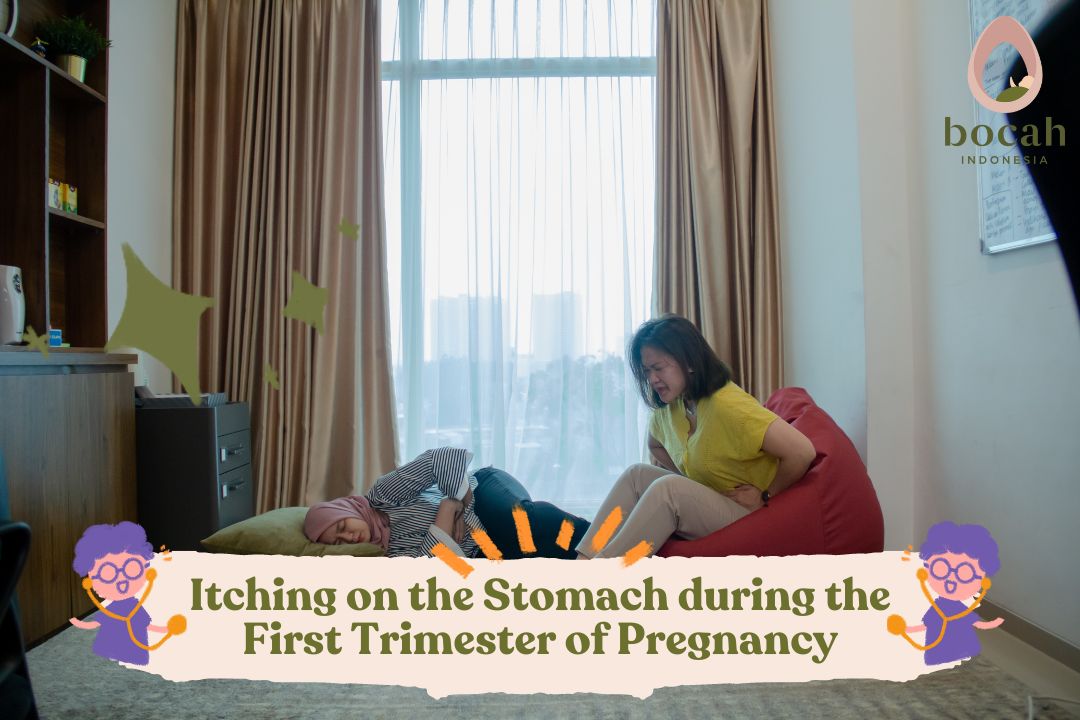Things to Consider Regarding Hormone Injections for Pregnancy
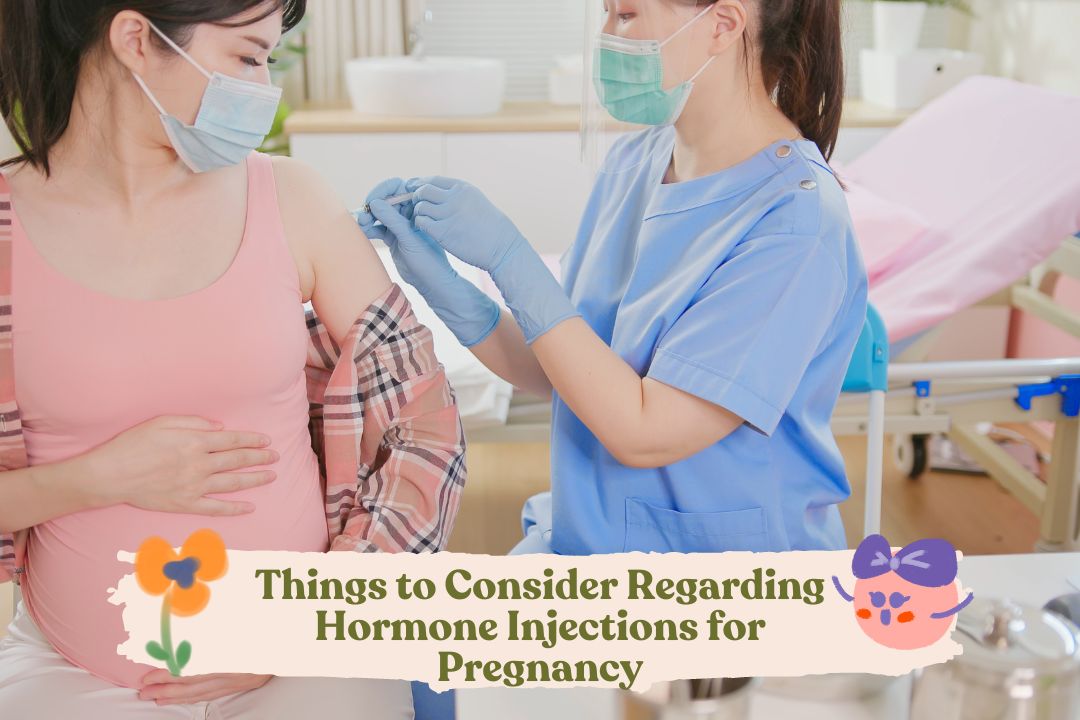
One of the causes of couples having difficulty conceiving is related to fertility issues. Fertility problems or infertility can be experienced by both men and women. The causes vary, ranging from stress, hormonal disorders, to problems with the reproductive organs.
To achieve pregnancy, the condition of the reproductive organs must be optimal so that the egg can be fertilized by sperm. Another crucial factor is that the hormone levels in the body must also be balanced. Imbalanced reproductive hormones can cause ovulation disorders, leading to difficulty in getting pregnant.
One way to address this is through fertility therapy using hormone injections for pregnancy. The hormone injection given is human chorionic gonadotropin (hCG).
What is hCG Hormone Injection?
Beta hCG or hCG hormone is a hormone that plays a vital role in the pregnancy process. The hCG hormone is produced by embryonic trophoblast cells. The hormone levels will increase when a woman is confirmed pregnant.
The presence of this hormone can be determined through pregnancy tests using a test pack or blood test. If the beta-hCG level is high, the indicator on the test pack will show two lines.
Tanya Mincah tentang Promil?
Beta-hCG has a role in maintaining progesterone hormone to support a smooth pregnancy until childbirth.
Hormone injections are performed as a fertility treatment for couples who have difficulty conceiving. Its function is to assist the ovaries in releasing eggs optimally during the fertile period.
Hormone injections are usually recommended for women who have the following conditions:
- Hormonal disorders
- Irregular ovulation
- Unexplained infertility issues
When is the Best Time for Hormone Injections for Pregnancy?
Before undergoing this hormone therapy, you should consult with a doctor. This therapy can be administered with the assistance of a doctor or done at home following the doctor’s instructions. However, it cannot be done at just any time.
Typically, the doctor will administer the beta-hCG injection after ensuring that the egg follicles in the ovaries have not yet matured. This injection is given once in each cycle before ovulation occurs.
To determine when ovulation will happen, you can calculate it using a fertile period calculator. The doctor will help you find the right time to administer this hormone injection. The beta-hCG therapy will help the ovaries release mature eggs to be fertilized by sperm, thereby increasing the chances of pregnancy.
How Does the hCG Hormone Injection Work?
Basically, hormone injections are administered to couples with fertility problems to trigger ovulation in the ovaries. This hormone will stimulate the corpus luteum to produce progesterone hormone, preparing the uterine lining for embryo implantation.
Here’s how the hCG hormone injection works for the pregnancy program:
- The hormone injection will facilitate the release of the egg when there are immature egg follicles in the ovaries.
- If the injection works properly, the woman will experience ovulation within 36 hours.
- You and your partner can have sexual intercourse within 36 hours to increase the chances of fertilization.
- The hCG hormone injection can help increase the chances of pregnancy when used in pregnancy programs such as intrauterine insemination (IUI) or in vitro fertilization (IVF).
Even after receiving the hCG hormone injection, you should not immediately take a pregnancy test. It takes at least two weeks after hormone therapy or intercourse to conduct a pregnancy test.
Taking a pregnancy test too early can pose the risk of a false positive result on the test pack. Later, beta-hCG will be detected through blood or urine tests.
Are There Side Effects Caused by Hormone Injections for Pregnancy?
Similar to other types of medications, hCG injections can also pose risks of side effects to the user. This can happen to women who are allergic to certain drugs. Although rare, it is important to consider this and consult with a doctor.
Generally, the side effects that occur after receiving the beta-hCG injection include weight gain due to fluid retention. Another possible side effect is breast tenderness or swelling.
For women experiencing allergies, symptoms may indicate an allergic reaction such as itching, difficulty breathing, and swelling of the face, lips, or throat.
If you experience any of these symptoms, seek immediate medical attention for proper treatment.
Hormone injections can also increase the risk of ovarian hyperstimulation syndrome (OHSS). This can cause the ovaries to release more eggs than usual. OHSS can lead to symptoms such as abdominal pain, diarrhea, bloating, and vomiting.
Side effects may subside as the body adapts to the hormonal changes. Therefore, it is essential to undergo fertility examinations beforehand and consult your condition with a doctor.
Ask Mincah
[fluentform id=”31″]Source:
- Wang, W., et al. (2011). The time interval between hCG priming and oocyte retrieval in ART program: a meta-analysis. Journal of Assisted Reproduction and Genetics volume 28, pages 901–910 (2011).
- Jarvela, I.Y., et al. (2010). Improved pregnancy rate with administration of hCG after intrauterine insemination: a pilot study. Reproductive Biology and Endocrinology volume 8, Article number: 18 (2010).
- Theofanakis, C., et al. (2017). Human Chorionic Gonadotropin: The Pregnancy Hormone and More. Int. J. Mol. Sci. 2017, 18(5), 1059.
- Nwabuobi, C., et al. (2017). hCG: Biological Functions and Clinical Applications. Int J Mol Sci. 2017 Oct; 18(10): 2037.


